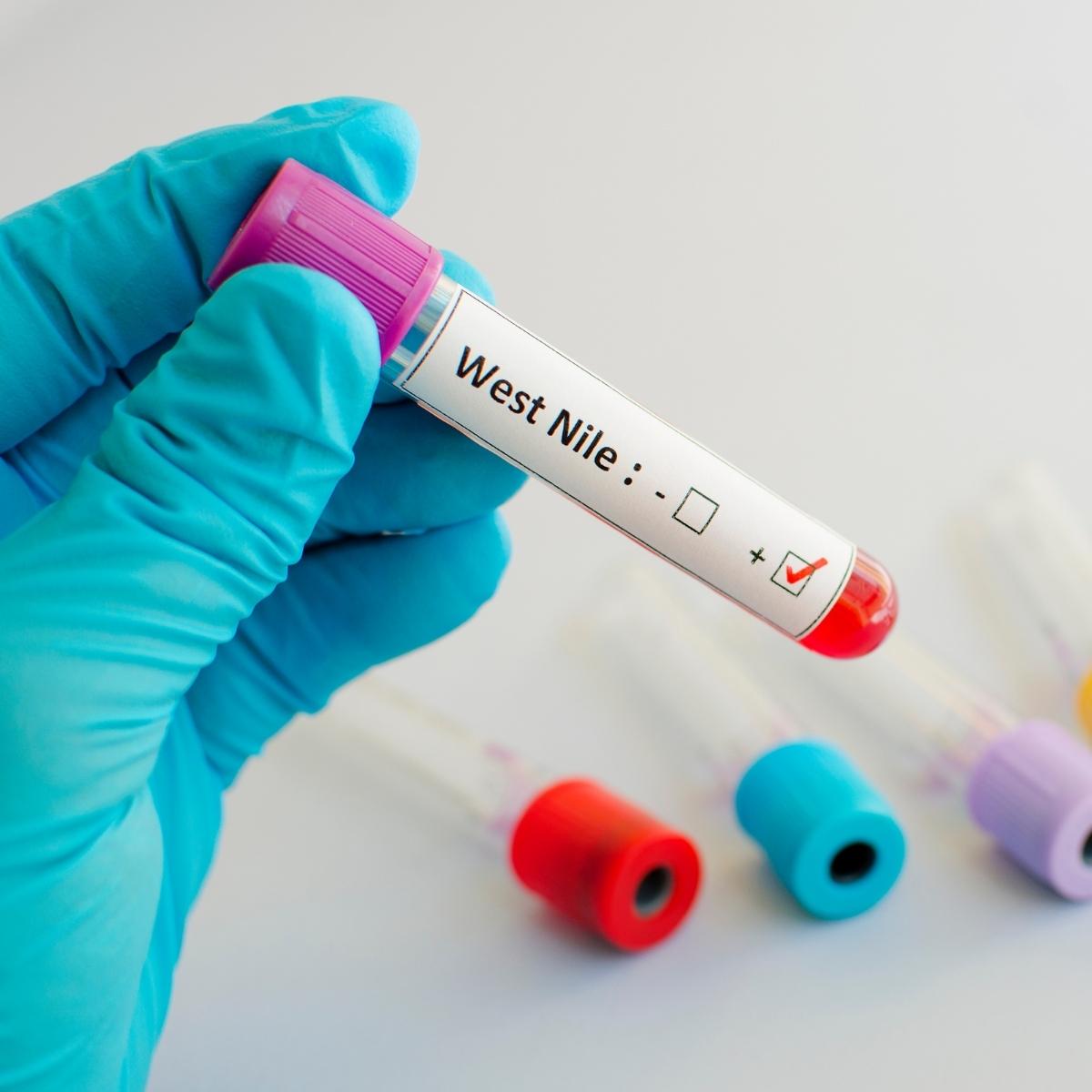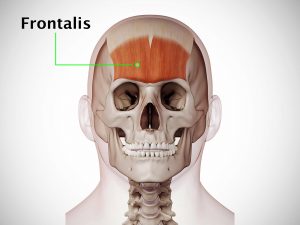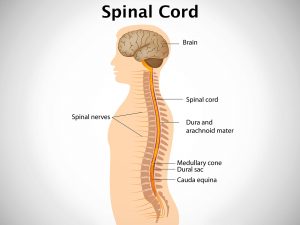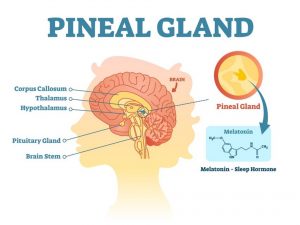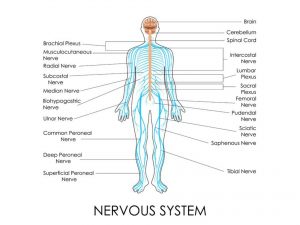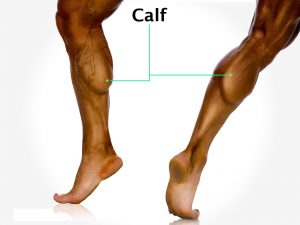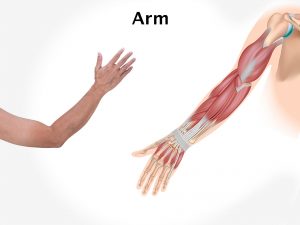Causes and risk factors
The disease is caused by mosquito which carries the virus. In rare cases blood transfusion, organ transplant, breast feeding or pregnancy can transfer the infection. Immunocompromised people are more prone to get infected.
Clinical presentation
West Nile virus shows flu like symptoms i.e. Headache, fever, joint pain, muscle weakness, vomiting, diarrhoea. Swollen lymph nodes, rash on stomach, chest, back may follow. Confusion, convulsions, paralysis, comatose state can be seen in severe cases. Severe disease can take the form of west nile encephalitis or meningitis, or west nile poliomyelitis.
Investigation
Medical history by the patient and Clinical examination by the doctor helps in diagnosis. A patient giving history of coming from west nile virus prevalent area. Routine blood tests, specific ELISA and RT – PCR are done for further evaluation. Lumbar puncture, imaging such MRI can be advised in severe cases.
Treatment
No treatment is required in mild cases. Analgesics, NSAIDS are given to relieve pain. Severe cases are hospitalised and treatment with IV fluids and supportive care is given to prevent further infection.
Other Modes of treatment
The other modes of treatment can also be effective in treating west nile virus. Homoeopathy is a science which deals with individualization considers a person in a holistic way. This science can be helpful in combating the symptoms. Similarly the ayurvedic system of medicine which uses herbal medicines and synthetic derivates are also found to be effective in treating west Nile virus.
Recent updates
Interferon therapy is being proved useful for meningitis caused by west nile virus.
